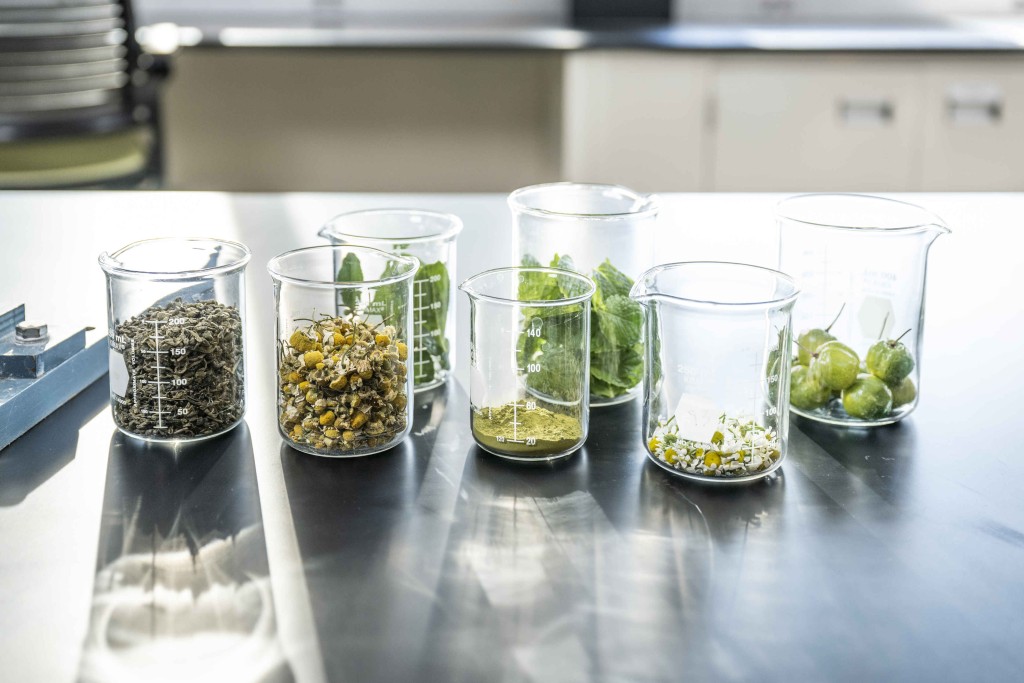Byline by: William Templeton, Director of Corporate Social Responsibility and Sustainability, Amway
As consumer preferences shift decisively toward an increased emphasis on sustainability, we are seeing a profound transformation in how individuals across all generations, from Baby Boomers to Generation Z, are approaching their purchasing decisions. In the last five years, there has been a 71% increase in online searches for sustainable goods globally, with momentum continuing to grow. As a result, brands with a clear commitment to strong sustainability practices are attracting and retaining customers who prioritize ethical sourcing and environmentally conscious production, reshaping the landscape of corporate responsibility.
A History of Sustainability
Sustainably designed products have been part of Amway since its beginning in 1959. The company’s first product, Liquid Organic Cleaner, was one of the world’s first biodegradable cleaners.
A commitment to progressing its regenerative farming practices, carbon-reduced operations and consciously created products is top of mind for the company. Amway has been determined to find ways to reduce its environmental footprint and currently operates four farms worldwide that adhere to strict sustainable farming methods and even regenerative agricultural practices. When local conditions prevent them from growing certain crops, Amway partners with a network of audited farms that are held to similar high standards.
Traceability for Consumer Confidence
With consumers more eager than ever for transparency about their products, traceability of product creation has become a key factor in providing assurance for those who seek proof of safety, authenticity and purity of products. Some consumers want to see evidence of sustainable practices along the supply chain, and some simply just want to feel emotionally connected to the products and the people behind those products. For this reason, the botanicals grown on Amway farms and used in a range of products can be traced all the way from formulation to their origins of botanical ingredients, then through to manufacturing and distribution, providing consumers with peace of mind in the purchasing decisions they make.
Nutrilite: the Power of Plants
These botanical ingredients tracked from seed to supplement are the foundation of the Nutrilite product line, the number one selling vitamin and dietary supplement brand, globally. Certified organic practices, as seen with Amway’s certified organic farms, avoid the use of harmful chemicals and promote biodiversity, water conservation and soil health.
Partner farms that grow plants used in Nutrilite products must meet Amway’s strict quality standards. To this end, Amway developed an exclusive agricultural certification program called NutriCert(TM) which ensures that certified partner farms in 27 countries meet the similar quality requirements that Amway adheres to on their nearly 6,000 acres of certified organic farms.
For example, Amway’s Nutrilite All Plant Protein Powder is NutriCert certified, USDA Organic, and Non-GMO Verified. It packs 21 grams of plant protein from brown rice and peas from NutriCert certified partner farms and chia grown on Amway’s organic farm and partner farms. This supplement is only one of a wide range of offerings developed by a team of over 800 in-house scientists, engineers and technicians spread across 75 labs, all focused on researching and developing innovative products that enhance lives.
Future-Proof: Amway’s Blueprint for a Healthier Planet
The market share for sustainable products continues to increase along with brand loyalty for companies who are making a clear effort to create a healthier planet. In fact, 84% of customers say poor environmental practices will actually alienate them from specific brands or companies.
Companies are likely to continue investing in renewable energy sources and circular economy models, focusing on product life cycle management to minimize waste. There are alsoregulatory pressures and incentives to drive businesses to adopt greener practices, making sustainability not just a choice but a necessity.
As these trends evolve, Amway will remain committed to making improvements that will reduce the environmental impact of their products for their entire life cycle—including how formulas are created, how ingredients are chosen and sourced, and how products are manufactured, packaged and distributed. Amway’s actions and commitments will reflect the planet’s most urgent needs as well as new knowledge coming to light from global research.
After all, Amway believes health and wellness is rooted in healthy people, healthy plants and a healthy home. In order to make that happen, it is crucial to be both purposeful and impactful in its contribution to a healthier planet.








